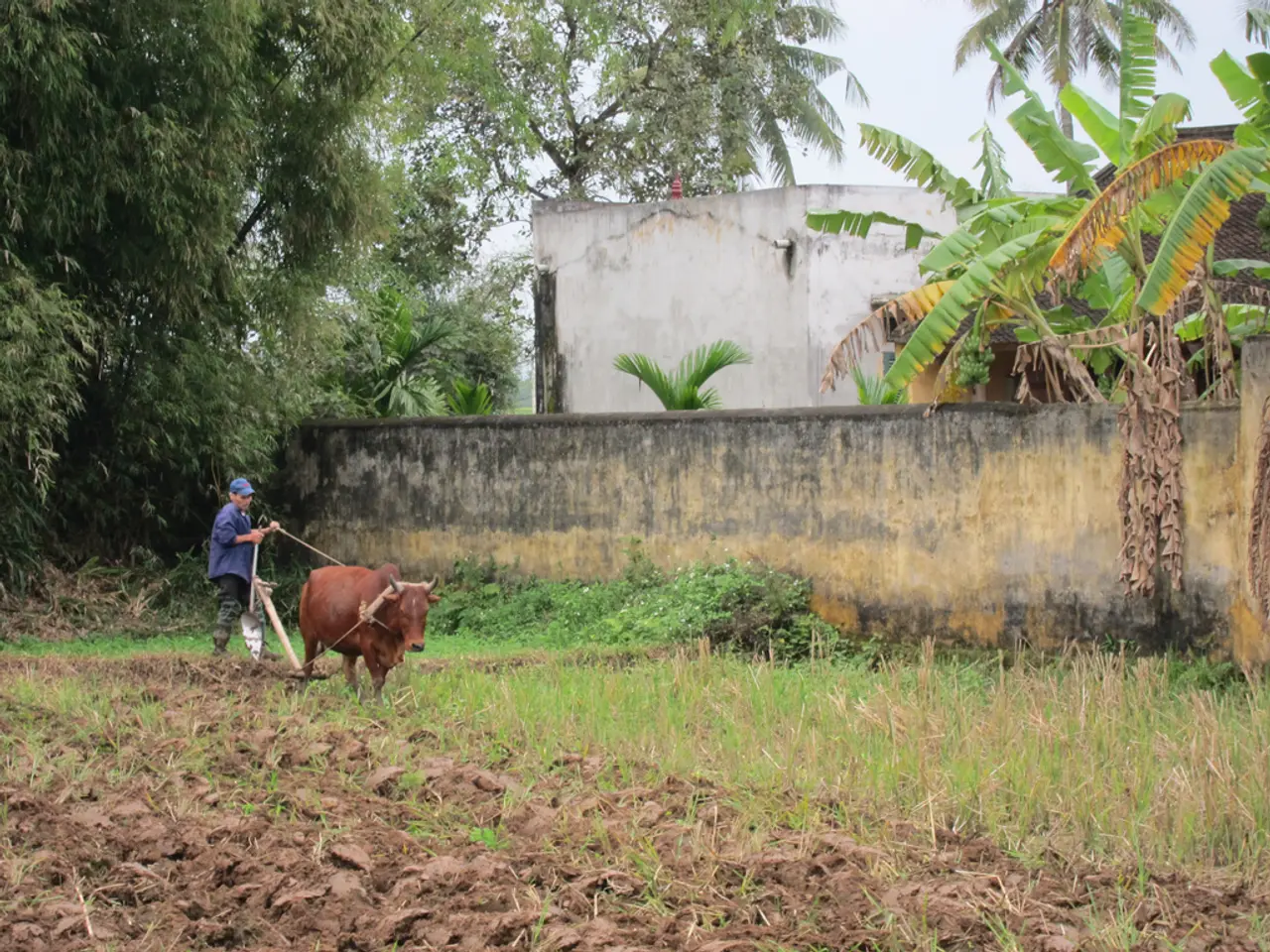Billionaire benefactor Wallis Annenberg, renowned for his support of art, science, and various charitable causes, passes away at the age of 86.
Philanthropist Wallis Annenberg Passes Away at 86
Wallis Annenberg, a billionaire philanthropist and longtime board member of LA's Museum of Contemporary Art and the Los Angeles County Museum of Art (LACMA), passed away on Monday at the age of 86. Her death was due to complications related to lung cancer, according to a statement made by her family through the Los Angeles Times.
Throughout her 16-year tenure as president and CEO of the Annenberg Foundation, she oversaw donations totaling approximately $1.5 billion to thousands of organizations in Southern California. Her philanthropic achievements had a profound impact on Los Angeles institutions, particularly in arts, education, animal welfare, environmental conservation, and social services.
Institutions across the Los Angeles area bear her name or have been supported by her philanthropy. These include the Wallis Annenberg Center for the Performing Arts, a major cultural venue in Los Angeles; Wallis Annenberg GenSpace, a senior center promoting well-being for older adults; Wallis Annenberg PetSpace, focusing on animal welfare; the Wallis Annenberg Wildlife Crossing, an innovative wildlife bridge over a Los Angeles freeway, recognized as the world's largest of its kind; and the Annenberg Space for Photography and Community Beach House, supporting arts and community engagement.
Annenberg also championed inclusivity and accessibility. One example of this was her funding of the Universally-Accessible Treehouse in Torrance, allowing people with varying physical abilities to experience nature and play.
In response to environmental crises, such as the Southern California wildfires in January 2025, Wallis Annenberg and the Annenberg Foundation actively supported recovery efforts in affected communities (Altadena and Pacific Palisades). She organized the “LA Check In” livestream fundraiser to raise relief funds, highlighting the fires' impact on people, wildlife, and initiatives like the Wildlife Crossing.
Under her leadership, the Annenberg Foundation broadened its mission beyond traditional focuses on media and education to embrace environmental conservation, healthcare, animal welfare, and social justice, establishing a lasting legacy across Los Angeles. Her personal fortune was estimated at over $500 million, further fueling her substantial philanthropic influence.
The spirit of Wallis Annenberg was not beaten by cancer, according to the statement. She is survived by four children and five grandchildren. Walter Annenberg, her father, started the foundation after selling his publishing empire in 1989 to Rupert Murdoch's News Corp. Michael Govan, who filled that endowed position in 2006, said Wallis Annenberg blessed the Los Angeles community with her philanthropy and guidance.
The Wallis Annenberg Wildlife Crossing, the world's largest bridge for animals on the move, is scheduled to open next year over an LA freeway. Despite her passing, Wallis Annenberg's philanthropic vision continues to uplift Los Angeles through the institutions and initiatives she helped create and nurture.
- Wallis Annenberg, a philanthropist with a net worth over $500 million, had a significant impact on health-and-wellness initiatives, as evidenced by her funding of the Wallis Annenberg GenSpace, a senior center promoting well-being for older adults.
- In the realm of education and self-development, Annenberg's legacy is strong, with institutions like the Annenberg Space for Photography and Community Beach House supporting arts and community engagement.
- Annenberg's philanthropy extended beyond traditional focuses, reaching into the realms of finance and wealth management through her support of environmental conservation efforts.
- In the fashion-and-beauty sector, Annenberg's contributions were not direct, but her focus on improving the quality of life in Los Angeles undoubtedly impacted local businesses and communities. Her championing of inclusivity, such as funding the Universally-Accessible Treehouse, contributed to personal-growth and creating more equitable spaces.




